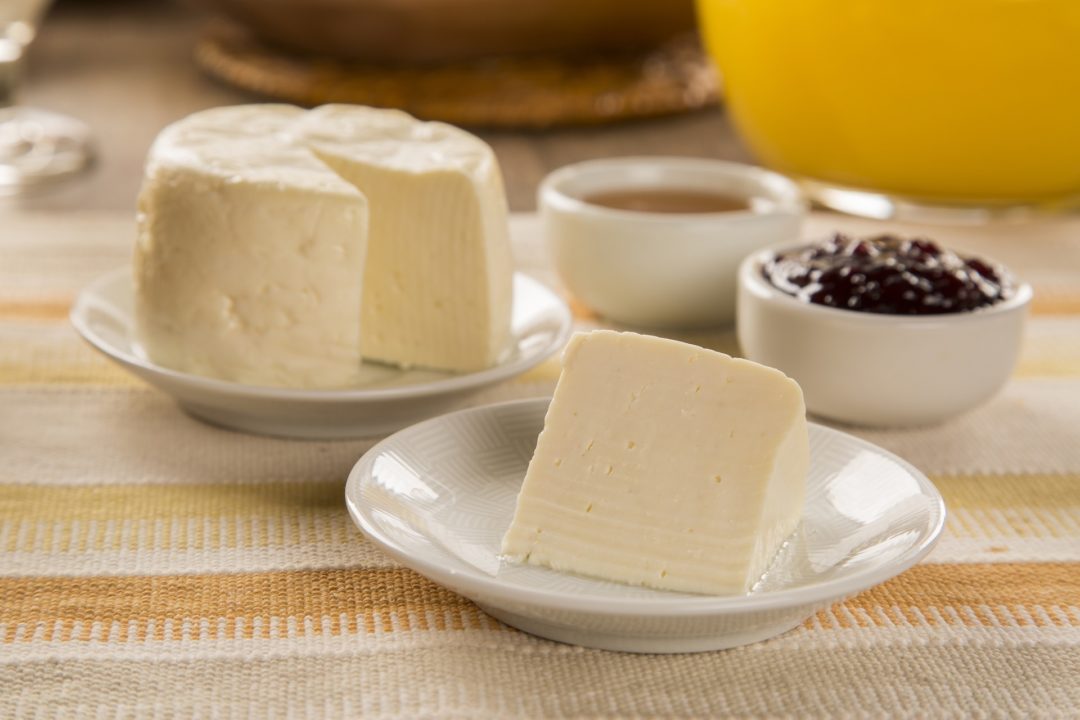
Pregnant Women at Risk of Listeria Due to Raw Milk Cheese

According to the RIDOH press release, “quesco fresco, queso blanco, panela, and asadero-style cheeses are only considered safe when they are marked with a professional label stating that they are ‘pasteurized’ or ‘made from pasteurized milk.’”
While RIDOH did not include any information regarding the victims in the two cases, they did specifically urge pregnant women to avoid the food product due to pregnant women being “significantly more likely” to get listeria than anyone else. If infected, listeria can be passed from a pregnant woman to their unborn baby and cause impairments of newborns, miscarriages and stillbirths. In addition, among pregnant women, RIDOH stated, Hispanic women are at the highest risk to receive the bacteria.
Listeria can be present in raw milk as well as foods that are made with raw milk. The bacteria is killed by cooking and the process of pasteurization. Listeria can survive and even grow in the cold temperatures of refrigeration. Symptoms of Listeria include chills, diarrhea, fever, muscle aches and nausea. The RIDOH also warns, “If the infection spreads to the nervous system, headaches, a stiff neck, confusion, loss of balance, or convulsions can occur.” Pregnant women can also experience symptoms which mimic the flu or may not have any symptoms at all.
While pregnant women are at a higher risk, children, adults and the elderly can also become infected.
If anyone has consumed soft cheese, particularly queso fresco with unpasteurized milk, and has started to experience symptoms, a healthcare provider should be contacted immediately. Listeria can take days and sometimes even weeks after consumption to develop.
Posted on WholeFoods Magazine Online, 9/14/2017

The editorial team at WholeFoods Magazine has decades of experiences reporting on natural products industry news, trends, and more. This national, monthly business-to-business magazine has been published continuously for nearly 40 years (the magazine was founded in 1977, and has been owned by Wainer Finest Communications since 1984). It is the longest-tenured media outlet of its kind in the natural products industry. The editorial focus at WholeFoods Magazine is, and always has been, on informing and educating members of the natural products industry.
The Magazine
Information
About Us
NOTE: WholeFoods Magazine is a business-to-business publication. Information on this site should not be considered medical advice or a way to diagnose or treat any disease or illness. Always seek the advice of a medical professional before making lifestyle changes, including taking a dietary supplement. The opinions expressed by contributors and experts quoted in articles are not necessarily those of the publisher or editors of WholeFoods.







